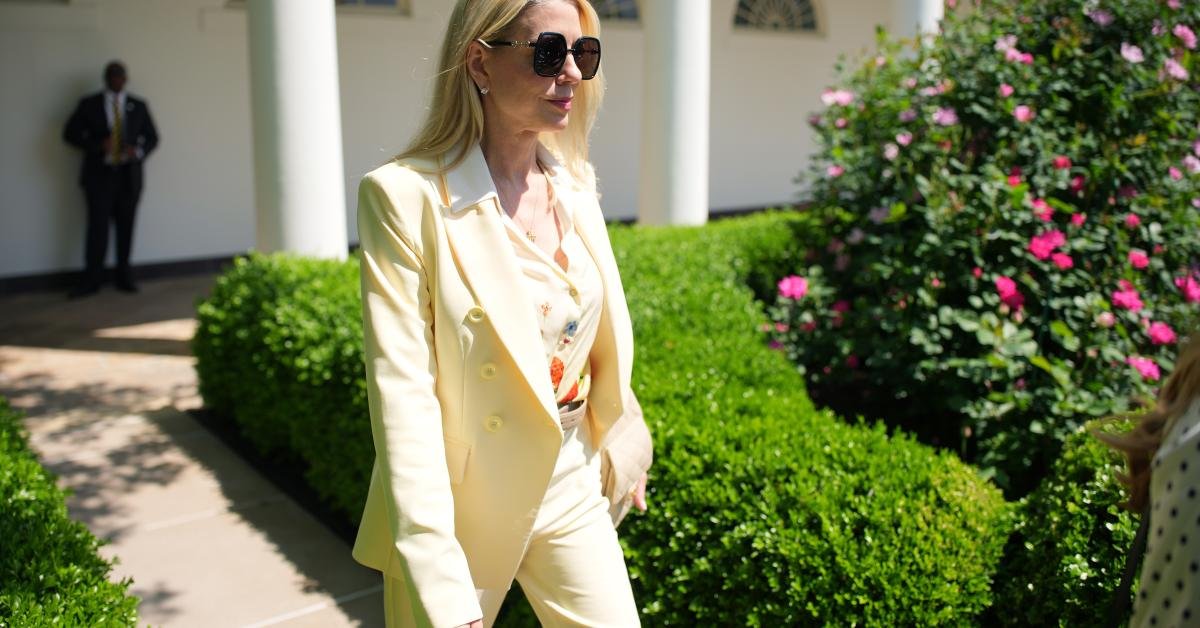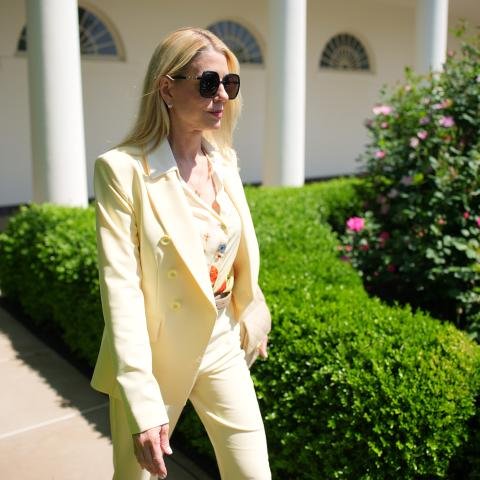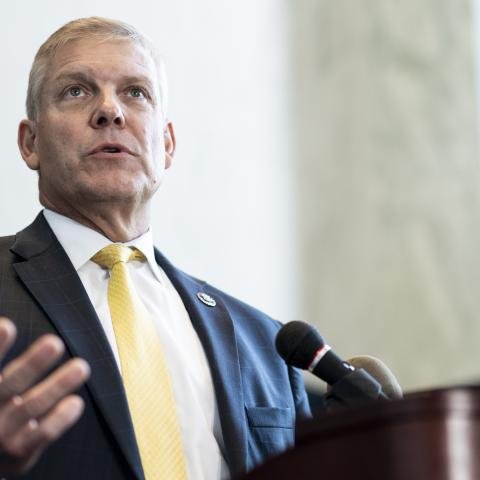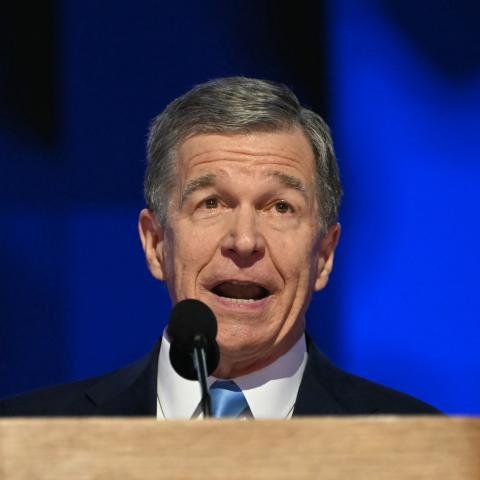
An energy advocacy group is asking Attorney General Pam Bondi to examine the involvement of the Federal Judiciary Center, a research and education agency of the judicial branch of the U.S. government, in educating judges involved in climate litigation.
According to a letter to Bondi from Power the Future, the Federal Judiciary Center (FJC) is engaged in a secretive effort to bias judges as part of a “coordinated, national lawfare campaign” against oil companies and other large emitters. This effort, according to the letter, has reached 1,800 judges, including federal judges.
Power the Future is asking Bondi to provide more oversight of the FJC’s activities to ensure they provide unbiased education to judges involved in climate litigation, and to provide
They’re “deliberately cultivating these judges the way you would cultivate a mentee,” Daniel Turner, executive director of Power the Future, told Just the News.
‘Arguments from nonbelievers’
According to the letter, the FJC hosted seminars for judges with speakers drawn exclusively from the plaintiffs’ witnesses or those filing “friend of the court” briefs in support of the plaintiffs’ complaints. Emails the group obtained from a Freedom of Information Act request, the letter to Bondi said, bolster Power the Future’s accusation that the seminars are ideologically motivated in favor of the plaintiffs in these cases.
In February 2012, Dr. Don Wuebbles, who provided expert testimony in a lawsuit filed by the cities of Oakland and San Francisco against five oil companies — accusing them of damages stemming from weather events the plaintiffs claimed was caused by climate change — emailed Paul Hanle, founder of the Climate Judiciary Project (CJP).
The CJP is a project of the Environmental Law Institute, and it claims to provide “judges with authoritative, objective, and trusted education on climate science, the impacts of climate change, and the ways climate science is arising in the law.” However, it’s been accused of providing a one-sided view of climate change in which only science supporting plaintiffs in climate cases is presented.
In the email, Wuebbles thanks Hanle for “leading the way.” He then refers to Judge David Tatel, who served over three decades on the U.S. Court of Appeals for the D.C. Circuit, saying that an enclosed report deals in part “with the kind of issues that Judge Tatel raised towards counteracting arguments from nonbelievers.” Hanle replied to the email that day, thanking Wuebbles for the presentation, saying that the judges who saw it would also be grateful.
‘Misinformation of contrarians’
Wuebbles refers to those who dispute that climate change is causing a crisis as “denialist.” In a Ted Talk video in 2011, Wuebbles said that they shouldn’t be called “skeptics,” because “all good scientists are skeptics.”
“I actually tend to call them confusionists, because I think that’s their real job,” Wubbles said.
Wuebbles told Fox News that the Power the Future letter is “highly distorted” and defended the education he’s provided judges on the science of climate change. He said anyone who can’t “handle the truth” about climate change has a problem, and “the misinformation of contrarians needs to be responded to by responses demonstrating the real state of science.”
In response to questions from Just the News asking if he thought those who have different perspectives on the risks of climate change should be included in the discourse on the issue and education for judges involved in climate litigation, Wuebbles said he’s “always happy to have challenges to the science.”
“That’s not the point. But when DOE and EPA puts out reports with the same old tired arguments that the science community has responded to many times before, then it is a total waste of time. We do need to take climate change seriously and figure out the right responses. But no one should be satisfied with the same old misinformation that has already been dealt with,” Wuebbles said.
Wubbles was referring to a Department of Energy climate assessment report, which Energy Secretary Chris Wright had initiated in order to generate a more balanced discussion on climate science. The report was authored by climate researchers whose work had been excluded from government reports and the legacy media since their conclusions didn’t align with the “climate crisis” narrative.
These “deniers” included Dr. Judith Curry, president of the Climate Forecast Applications Network and author of “Climate Uncertainty and Risk:” Dr. John Christy, Alabama’s state climatologist at the University of Alabama Huntsville; Dr. Steven Koonin, who served as undersecretary for science at the Energy Department under the Obama administration; Dr. Roy Spencer, principal research scientist at the University of Alabama Huntsville; and Dr. Ross McKitrick, professor of environmental economics at the University of Guelph in Ontario, Canada.
Asking for transparency
According to the Power the Future letter, following rulings unfavorable to the plaintiffs in the California case, as well as another filed by the City of New York, the Environmental Law Institute began working through the FJC to provide education to federal judges as part of the Climate Judiciary Project.
In a statement to Just the News, Clara Altman, deputy director of the FJC, said the center conducted a series of small one-day seminars with the Environmental Law Institute (ELI). “Fewer than 100 judges” participated in these events, Altman said, which were held in 2019.
“The Federal Judicial Center has not done any programs with ELI since. In all its programs, the Center strives to present content objectively and from a range of views,” Altman said.
Turner, with Power the Future, said that the goal of the letter isn’t to put an end to Climate Judiciary Project. Special interest groups often want to educate judges on complex issues. The problem is, he said, the lack of transparency. The Climate Judiciary Project doesn’t disclose which judges have participated in its training. So it’s not clear who participated in the seminars in 2019 in which the ELI partnered with the FJC, nor is it generally known who has participated in the CJP training since.
“We’re just asking for transparency,” Turner said.
The editorial board of the Wall Street Journal raised the issue of the project’s secrecy in an editorial last year, noting its connection to the FJC. The board pointed out that progressives will object when Justices Clarence Thomas and Samuel Alito have social connections with conservative donors and interactions with constitutional lawyers, and then fail to recuse themselves from cases even where no evident conflict of interest exists. However, the secrecy of the Climate Judiciary Project has been granted a pass.
Costs to consumers
Progressives and plaintiffs in climate litigation would also likely object if oil companies were funding education for judges in climate cases, or if the authors of the DOE report were involved in seminars in such training. However, no such campaign exists.
“If I could find the people willing to support such an effort, I would organize it myself,” Turner said.
He added that the impacts of the climate cases would be severe to energy consumers, which includes everyone, as it would drive up the costs of energy. They’re also a threat to national security, he said.
“If the climate left wins, we have what we saw during the first Biden administration, which is exorbitant prices, a stronger Russia and a stronger Iran. Inflation through the roof. When we win, we have what we have now, which is gas at $3.13 on average, and prices dropping,” Turner said.




